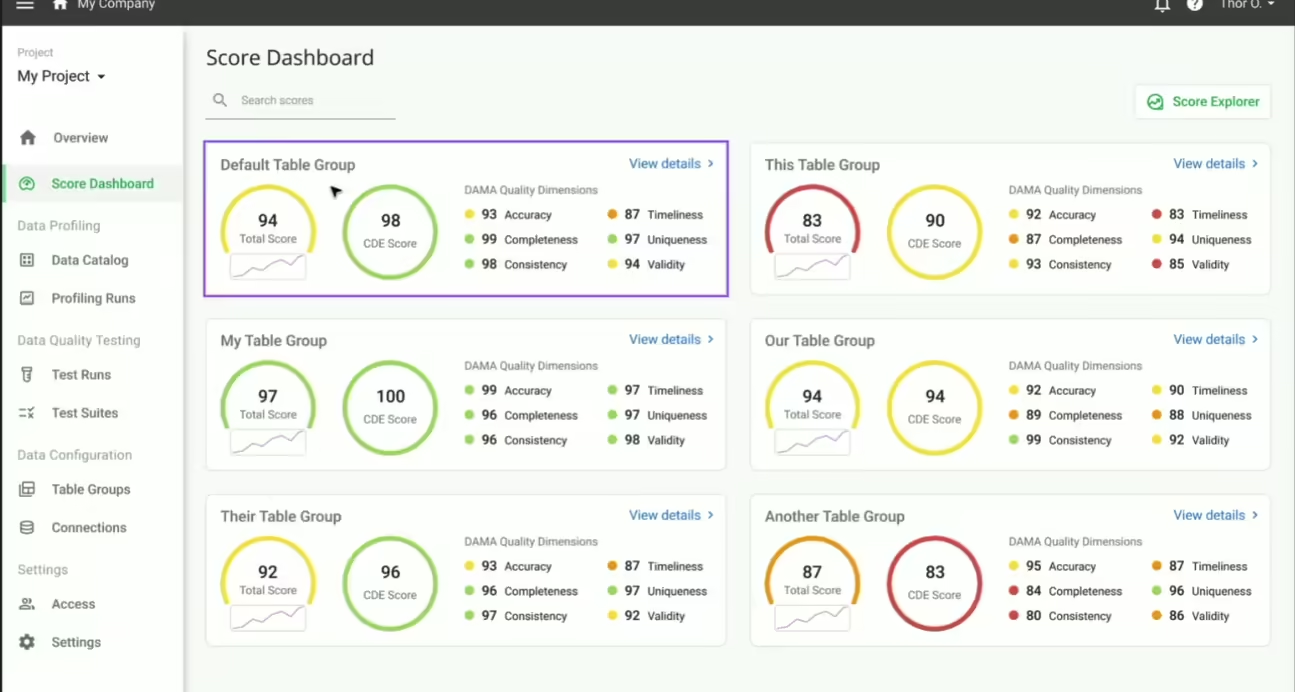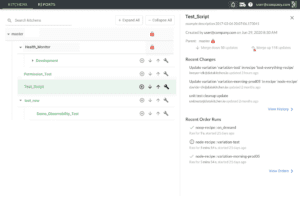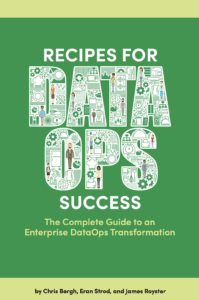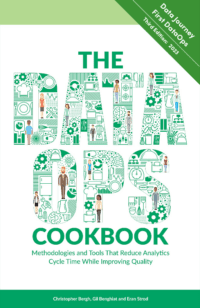Although work restrictions are being lifted around the country, the office work environment will probably never be the same. Many companies are allowing employees to work remotely through the end of the year, until they are comfortable returning, or even forever (e.g., Twitter, Facebook). As organizations adapt to the new normal, DataOps can help make the transition to a distributed work environment as seamless and productive as possible.
Recent Gartner Recommendations for Remote Work
Gartner provides important remote data management actions in its recent report, 10 Data Management and Governance Actions to Reset, Increase Impact and Enable Remote Work. According to Ted Friedman, “how data is organized, made available, integrated, shared and governed is critical to enterprises under normal circumstances. But these capabilities have a massive impact on the ability of teams to continue operations despite being forced to work remotely. When data and analytics leaders adapt their capabilities in the right ways, they can help sustain operations, enable innovation in the face of disruption and contribute to cost optimization.”
Gartner recommends that distributed data teams escalate the adoption of DataOps approaches to increase speed and flexibility. “Current business conditions place a premium on speed and adaptability. These needs are at odds with traditional approaches to data-related project delivery, with compartmentalized teams and waterfall-style methodologies. Data and analytics teams can help the organization accelerate value through faster, continuous and more adaptive delivery of capabilities by applying DataOps approaches.”
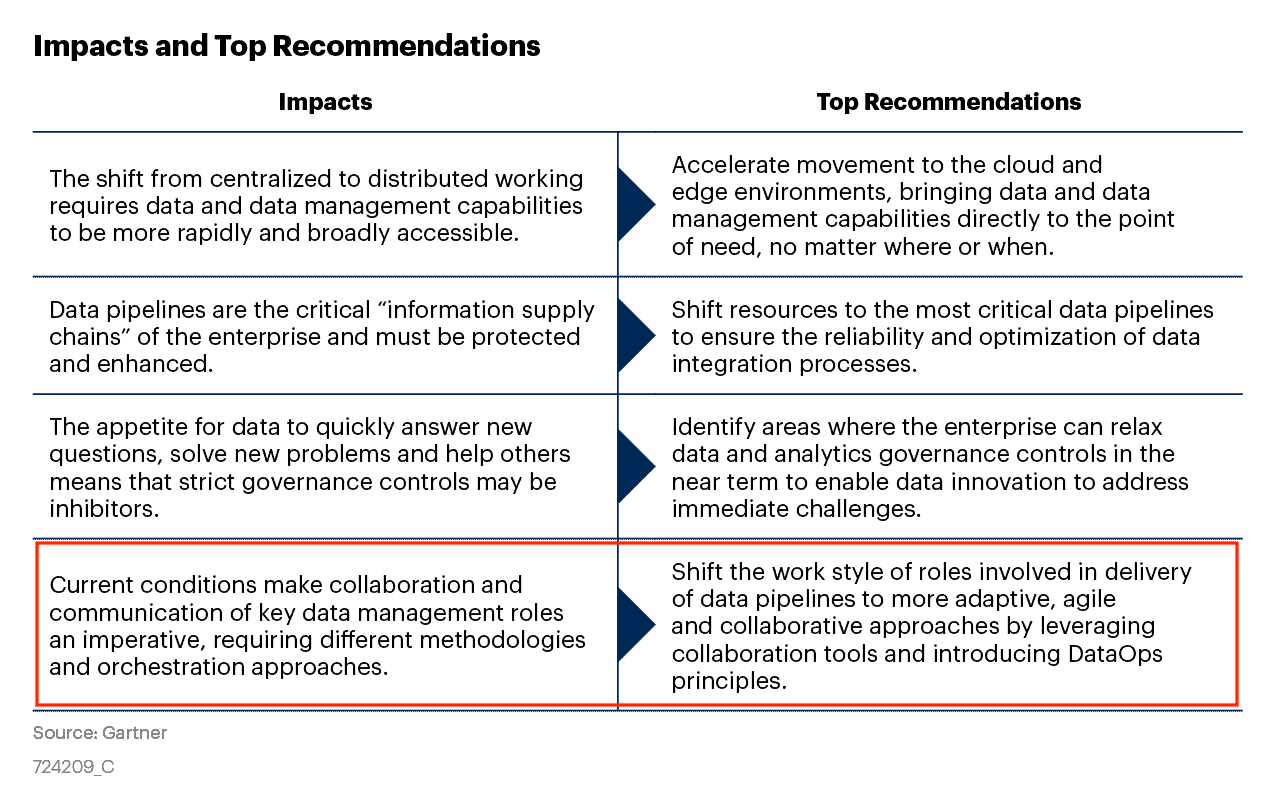
Now more than ever, DataOps is a critical enabler for distributed data teams to succeed. DataOps aligns the people, processes, and technologies of the data analytics organization, no matter where they are located. Supported by automation, it puts the focus on the underlying systems and how to develop, deploy, test, monitor, collaborate and measure their analytic operations.
Teams that implement DataOps will reduce organizational complexity and enhance inter- and intra-team collaboration. Moreover, they will increase their impact and produce robust and accurate analytics more rapidly than their peers, powering strategic decision-making that sustains a competitive advantage.
To learn more about how DataOps can help reduce organizational complexity for distributed teams, read our white paper, Reducing Organizational Complexity with DataOps or Gartner’s Report, Introducing DataOps into Your Data Management Discipline.

